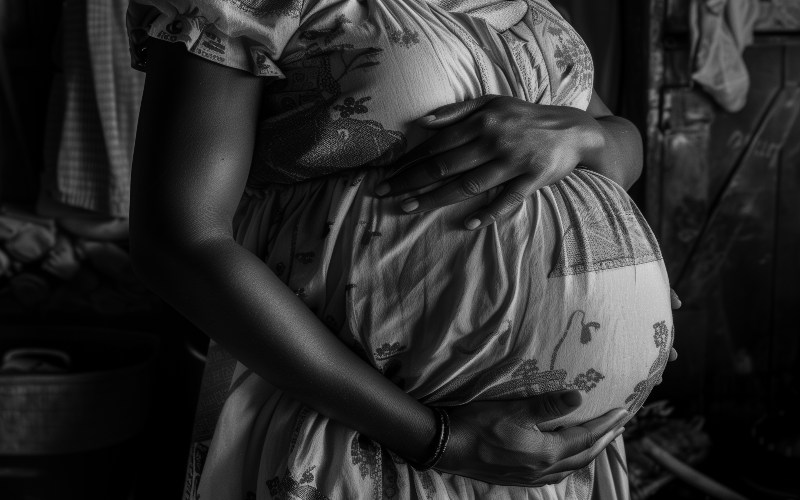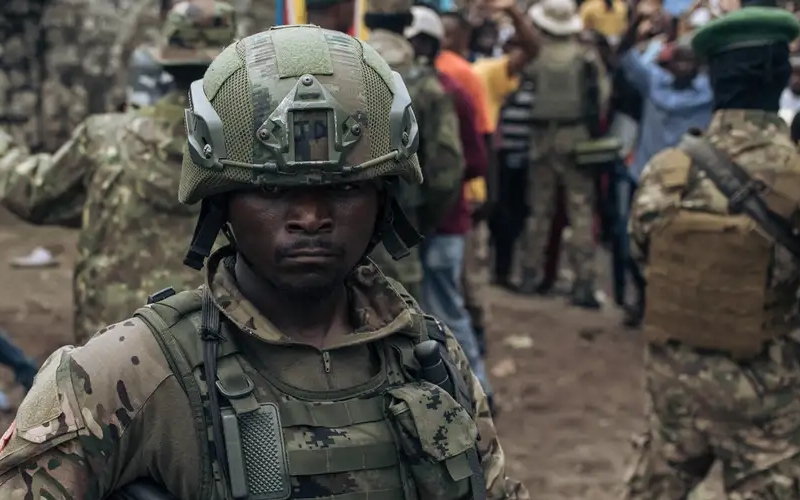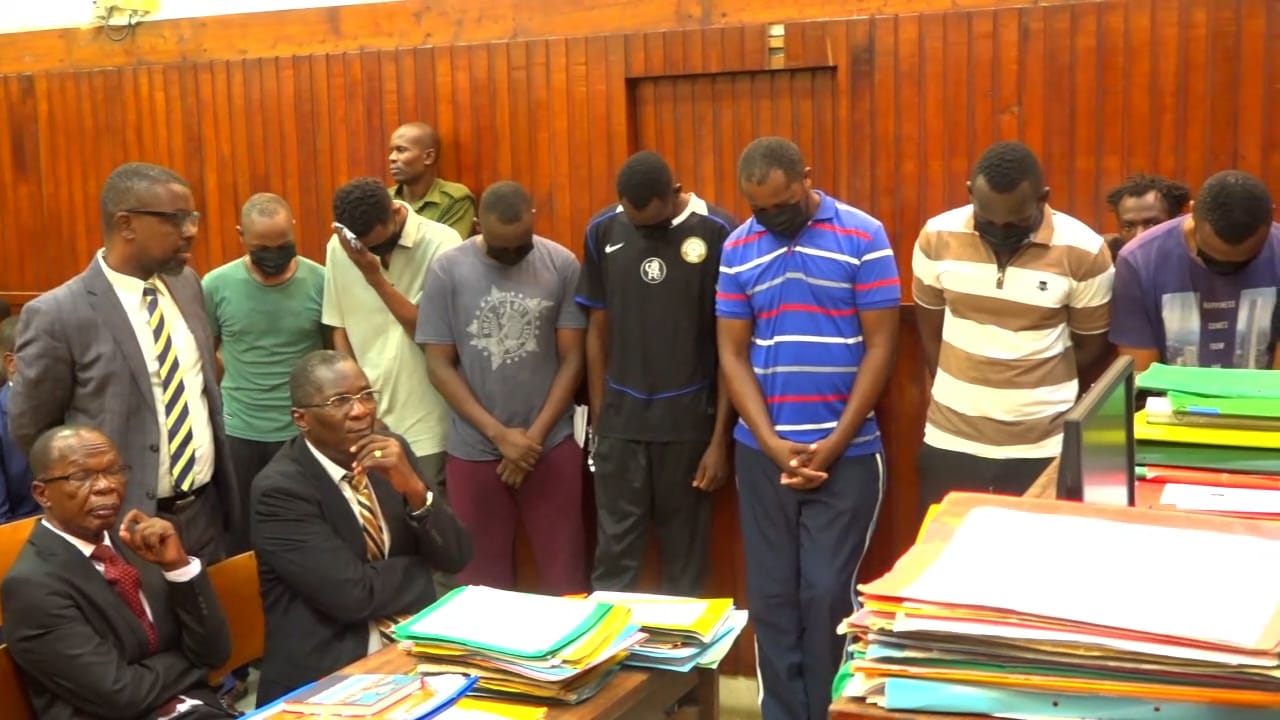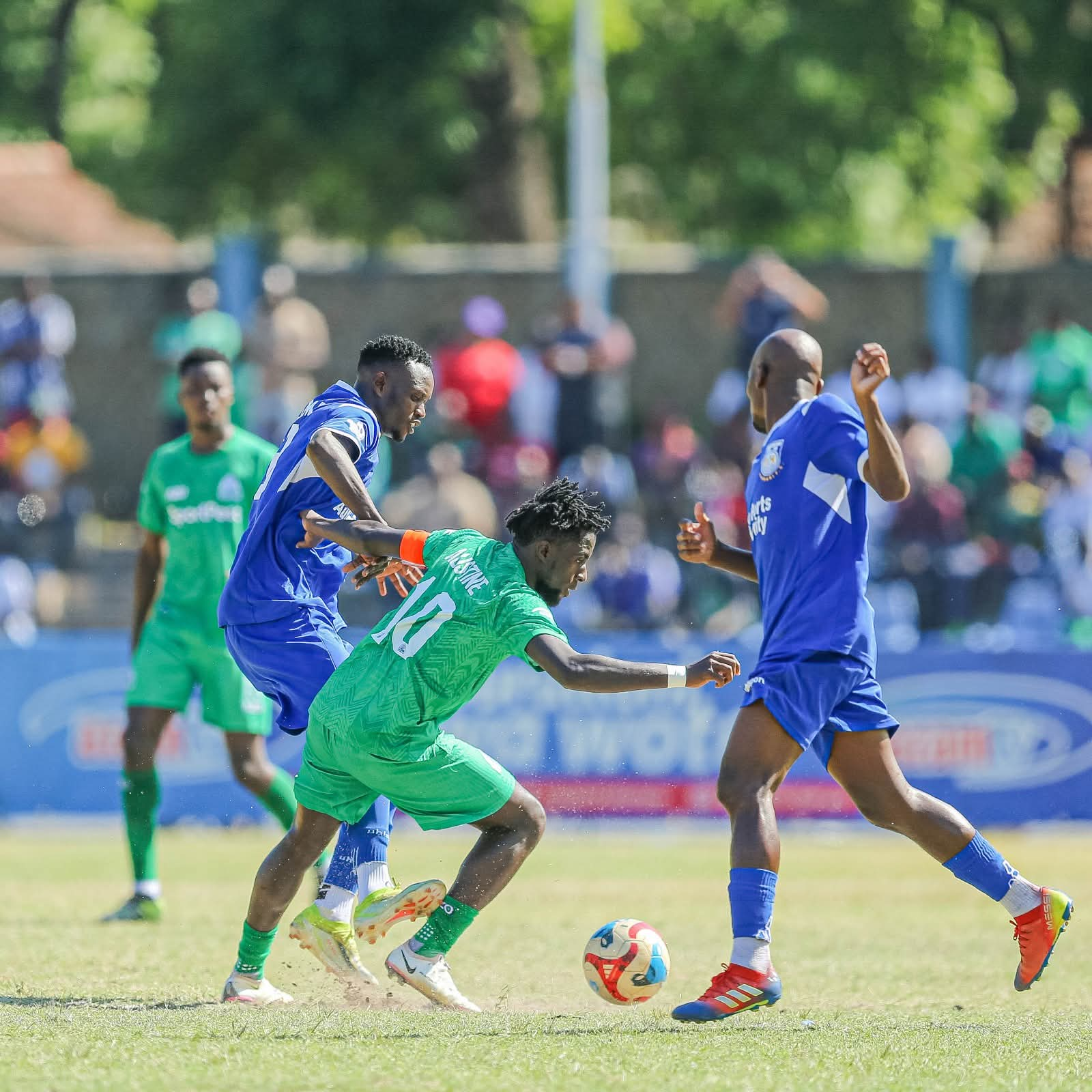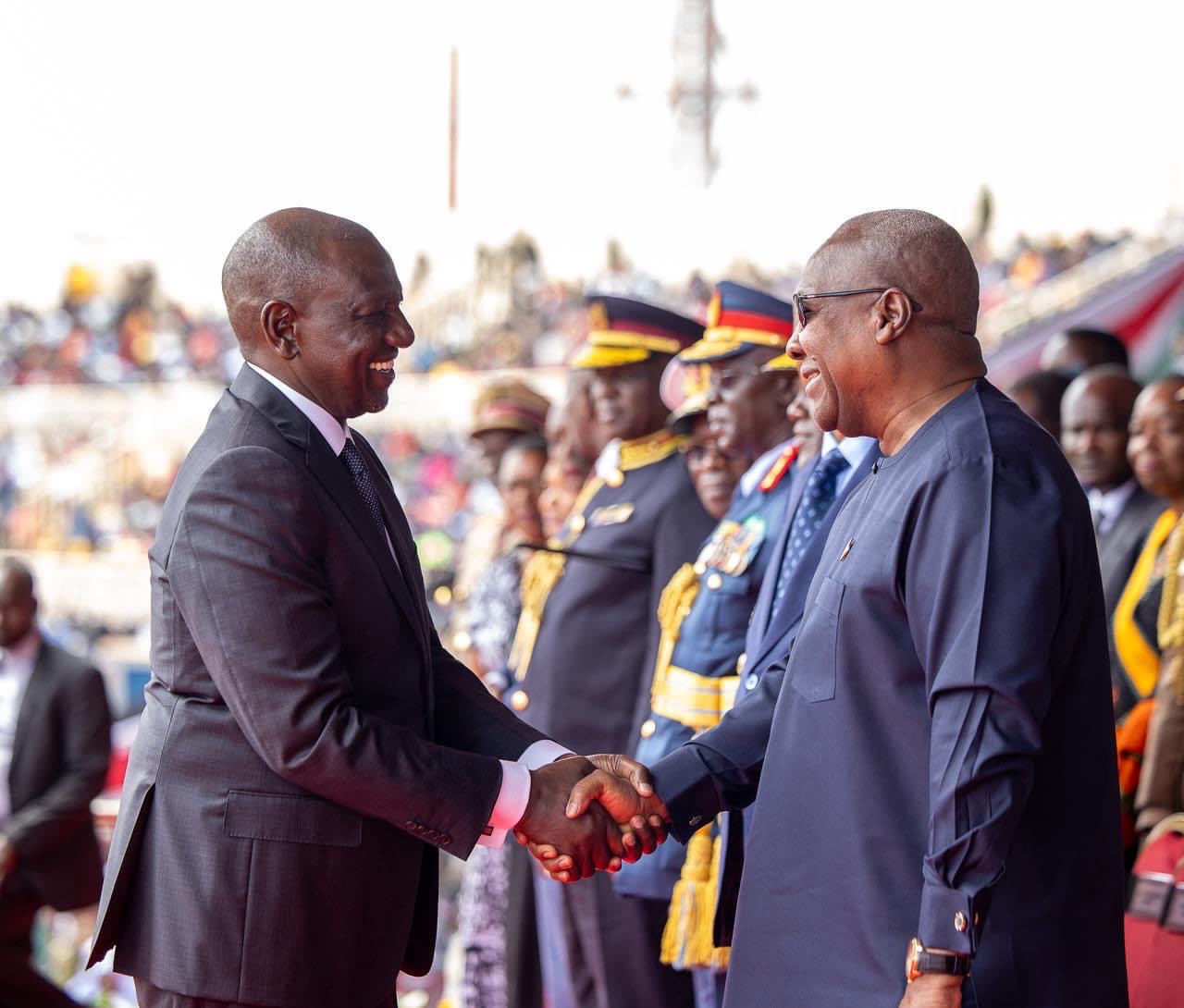Ex-State House Press Secretary Lee Njiru recalls Mzee Kenyatta's final moments

Recounting the events of that fateful day, Njiru claimed that Kenyatta collapsed in a washroom and was never taken to the hospital.
Former State House Press Secretary, Lee Njiru, has disclosed the final moments leading up to the death of Kenya's founding President Mzee Jomo Kenyatta.
In an interview on Citizen TV's JKLive Show on Wednesday, Njiru revealed that Kenyatta's death in 1978 might have been prevented if those around him had prioritised his health over prevailing myths.
More To Read
- Jomo Kenyatta posthumously awarded Angola’s Medal of Honour for role in liberation struggle
- Petition to move Jomo Kenyatta’s remains from Parliament put on hold
- MPs push to review controversial tax exemption granted to Kenyatta and Moi estates
- Ruto: Raila Odinga is not AUC candidate for Kenya but for East Africa
Recounting the events of that fateful day, Njiru claimed that Kenyatta collapsed in a washroom and was never taken to the hospital.
He alleged that the State House Comptroller and Kenyatta’s physician, who were responsible for his care, were at a bar drinking at the time.
He highlighted that the late President Daniel Arap Moi learned of Kenyatta's death before those assigned to look after him.
“His comptroller, the State House Comptroller, and his physician, Dr. Eric Mongola, were at the Karibam Bar drinking. In fact, Daniel Arap Moi knew about Kenyatta’s death earlier than the comptroller,” Njiru said.
“Moi was in Kabarak, Nakuru, and he knew before these people. When (Eliud) Mahihu received the message that Kenyatta had died, he contacted Moi and informed him that Kenya had closed its eyes. Moi got the message.”
Mahihu was the Coast provincial commissioner at the time Kenyatta died.
Reflecting on how he received the news, Njiru said, "I was in State House, but at that time, I was staying in a hotel called Mickey's Hotel. I received a telephone call around 4:35 am—there were no mobile phones back then. The operator called me because they knew where I was and instructed me to report to State House immediately."
Criticised Constitution
Njiru also criticised the Kenyan Constitution at the time, which he said failed to provide adequate measures for addressing the President's health issues.
 Former State House Press Secretary Lee Njiru during an interview on Citizen TV's JKLive Show on August 21, 2024. (Photo: Jeff Koinange)
Former State House Press Secretary Lee Njiru during an interview on Citizen TV's JKLive Show on August 21, 2024. (Photo: Jeff Koinange)
He noted that it was considered ‘treasonable’ even to contemplate the possibility of the Head of State falling ill.
“To this day, I still ask myself, what was so compelling that it took precedence over Kenyatta’s health? They should have done more for him... that's a question they’ve never answered,” Njiru said.
He said the Constitution of Kenya bore some responsibility, as it effectively prohibited any discussion or acknowledgement of a President’s potential demise, leading people to take this prohibition literally.
“People never thought Kenyatta would die,” he said.
According to Njiru, Kenyatta was perceived as a figure so powerful and enigmatic that even the idea of him becoming ill was beyond consideration.
He noted that it was widely believed that Kenyatta, who described himself as a psychologist in his book Facing Mount Kenya, could read a person’s thoughts just by looking at them. This belief, according to Njiru, contributed to the fear and reverence that surrounded Kenyatta, making it unthinkable to imagine him on his deathbed.
“You were not allowed to imagine the death of a president; it was considered treason. People feared Jomo Kenyatta because he had mystified himself to the point that people thought he could read their minds,” Njiru said.
He added that Kenyatta’s mystique was further compounded by the fact that very little was known about his early life, including his education and rites of passage, which only deepened the aura of mystery around him.
“People feared even thinking he could be sick because they believed Kenyatta would somehow know their thoughts,” he said, pointing out that the environment at the time did not encourage critical thinking or questioning of such beliefs.
Top Stories Today


